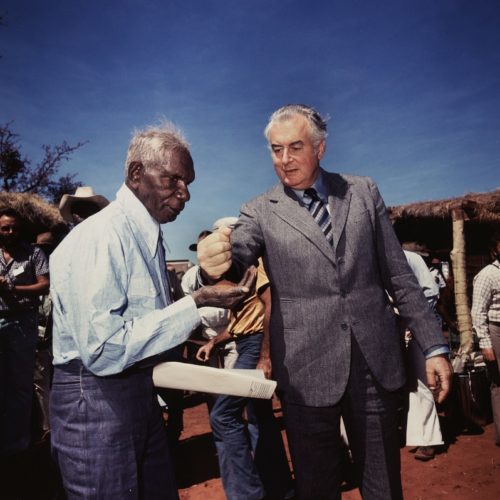
“WELL may we say God save the Queen,” veteran photographer Mervyn Bishop intoned to the assembled media at the National Film and Sound Archive yesterday (March 4). “For nothing will save the Governor General.”
Bishop, the subject of a large exhibition at the NFSA opening to the public today (March 5), does a pretty good job of impersonating the late Gough Whitlam – and he’s had practice, going back to the occasion in 1975 when the led the Prime Minister and Gurindji leader Vincent Lingiari out of a dark shed and into the sunlight for what would become one of Australia’s most famous photographs.
“Gough picked up the sand and asked me, ‘will that do?’ and I said, ‘certainly’,” Bishop said.
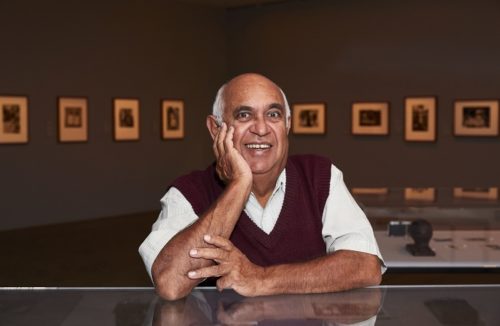
“This exhibition is fantastic in the space. I hope it gets lots of folks in to look at my works.”
It should do. Although drawn from an earlier one at the Art Gallery of NSW, this expanded exhibition, four years in the making, is a much bigger show which includes not only works from the Sydney gallery but photographs from the artist’s private collection, rounded out with sound and moving image from the NFSA to illustrate Bishop’s 60-year life and career.
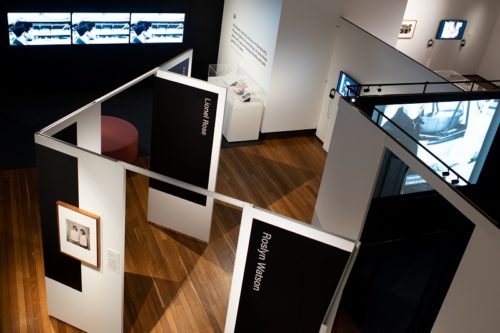
NFSA Acting CEO Nancy Eyers said, “Mr Bishop’s photographs present us with a wonderful combination of history, artistic excellence and self-representation. In addition to the striking prints from the AGNSW, the NFSA’s audio-visual collection will bring a new dimension to the exhibition”.
It is the first major Bishop retrospective since “In Dreams: Mervyn Bishop Thirty Years of Photography 1960–1990,” curated by Tracey Moffatt for the Australian Centre for Photography, Sydney, before touring nationally and internationally.
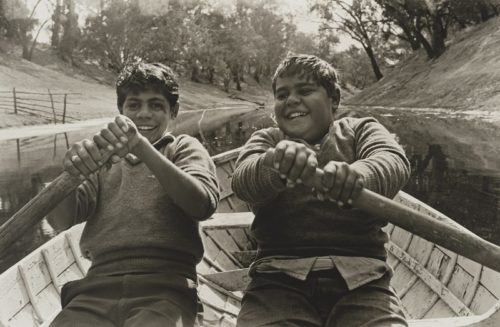
Making a verbal trip down memory lane, Bishop related how he had been born in Brewarrina, NSW in 1945, went to high school in Dubbo, and was an altar boy at the Anglican church where he still worships.
After that, he won a cadetship at “The Sydney Morning Herald” and spent three formative years printing in the dark room, refining his skills. He later became Australia’s first Aboriginal press photographer and in 1971 won the News Photographer of the Year Award.
Bishop went on in 1974 to work at the Department of Aboriginal Affairs in Canberra, where he covered the major developments in Aboriginal communities throughout Australia, including the aforementioned event in 1975 when Gough Whitlam poured a handful of earth back into the hand of Vincent Lingiari in the aftermath of the Wave Hill strike.

He returned to the SMH in 1979, before going freelance in 1986.
After completing further studies, Bishop lectured in photography at Tranby Aboriginal College, the Eora College and at the Tin Sheds Gallery at the University of Sydney.
Bishop is easy around the media from having worked in it for a long time, and yesterday enjoyed relating how filmmaker Warwick Thornton had once taken a shot at him, saying his secret was that he was “short and shoots upward”, seen in the Whitlam image.
He reminisced about his childhood when he used to borrow his mum‘s camera, how he collected empty bottles to buy a 35mm camera (they’d changed a lot over the years, he reflected) and how he dreamt of being a pilot.
AGNSW curator Coby Edgar was on hand to praise the poignant intimacy of his photographs which showed his subjects “as humans and individuals”.
Bishop said he had now moved back to Dubbo, where his sister also lives, and is these days photographing the faces of indigenous elders around the country, some of whom have never had their pictures taken.
And he has an unexpected hobby – golf. A keen Tiger Woods fan, he expressed the hope that the US champ would be back on the course soon.
“Mervyn Bishop: The Exhibition”, National Film and Sound Archive of Australia, McCoy Circuit, Acton, March 5 to August 1, 10am to 4pm, Monday to Sunday. Book here.
Who can be trusted?
In a world of spin and confusion, there’s never been a more important time to support independent journalism in Canberra.
If you trust our work online and want to enforce the power of independent voices, I invite you to make a small contribution.
Every dollar of support is invested back into our journalism to help keep citynews.com.au strong and free.
Thank you,
Ian Meikle, editor
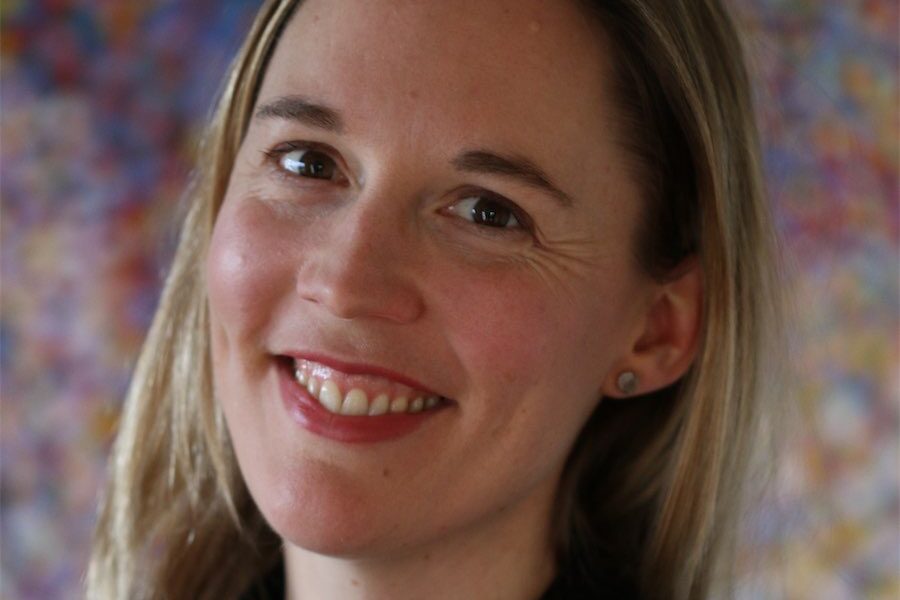
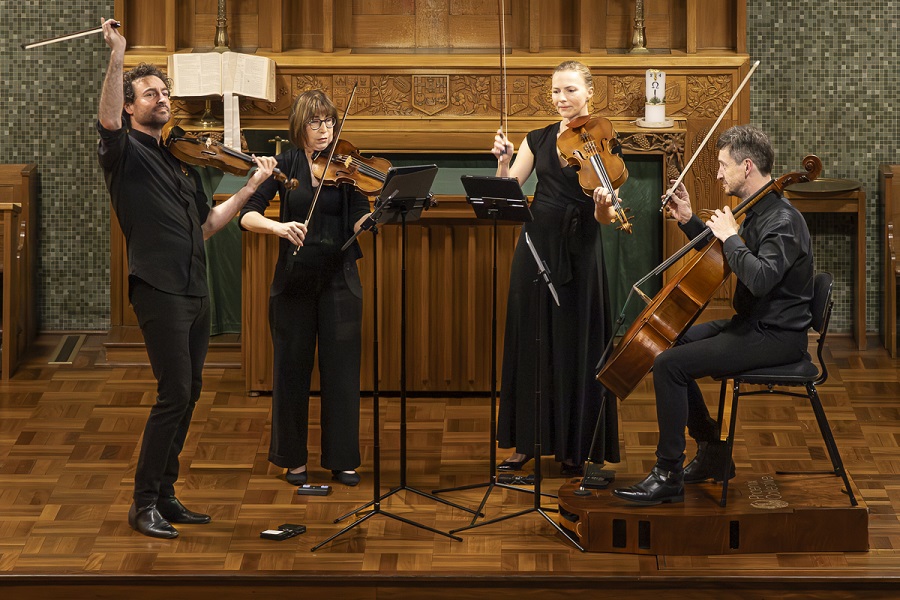
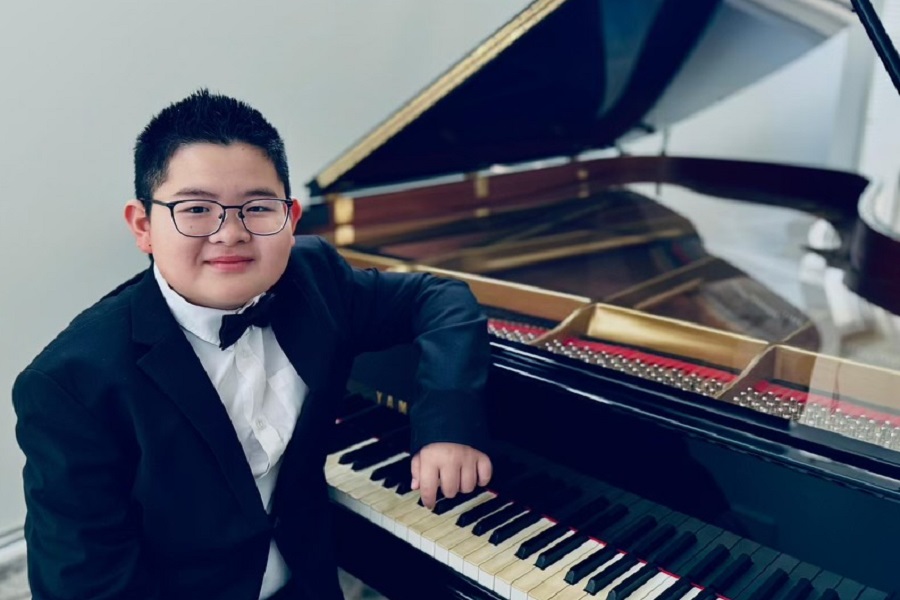

Leave a Reply